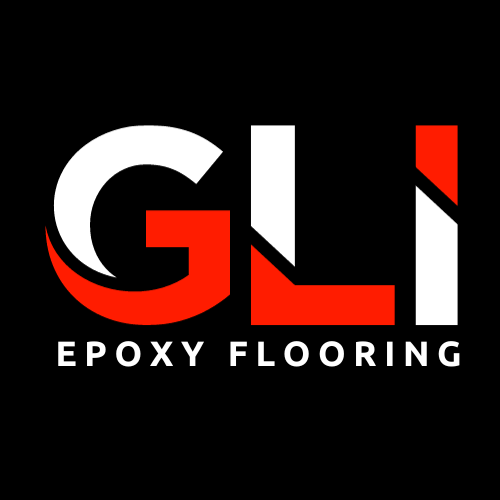289-236-8371
- Home
- Contact
- Services
- Commercial Epoxy Flooring Installers Toronto
- Residential Epoxy Floor Installers Toronto
- Epoxy Garage Floor Installers Toronto
- Concrete Floor Grinding Toronto
- Concrete Diamond Grinding Toronto
- Concrete Diamond Polishing Toronto
- Concrete Shot Blasting Toronto
- Epoxy Flooring Surface Preparation Toronto
- Systems
- Our Company
- Locations
- Call: 416-899-2141
- Get a Quote
- Home
- Contact
- Services
- Commercial Epoxy Flooring Installers Toronto
- Residential Epoxy Floor Installers Toronto
- Epoxy Garage Floor Installers Toronto
- Concrete Floor Grinding Toronto
- Concrete Diamond Grinding Toronto
- Concrete Diamond Polishing Toronto
- Concrete Shot Blasting Toronto
- Epoxy Flooring Surface Preparation Toronto
- Systems
- Our Company
- Locations
- Call: 416-899-2141
- Get a Quote
289-236-8371
